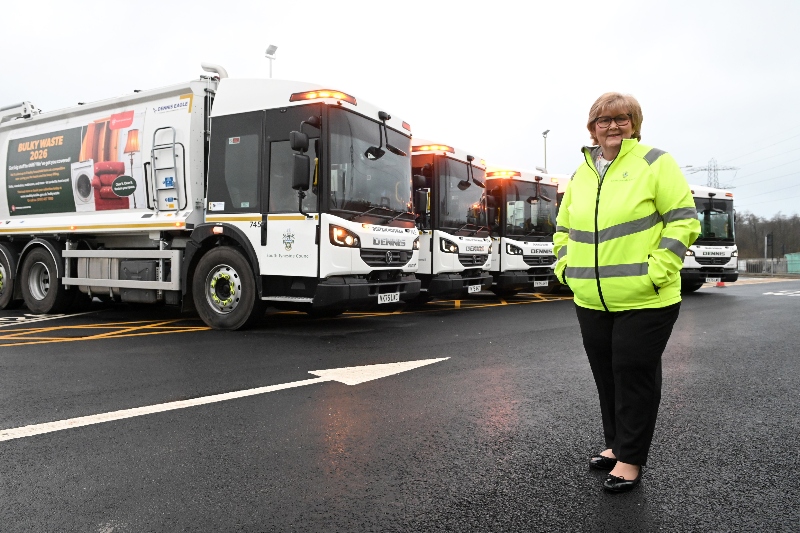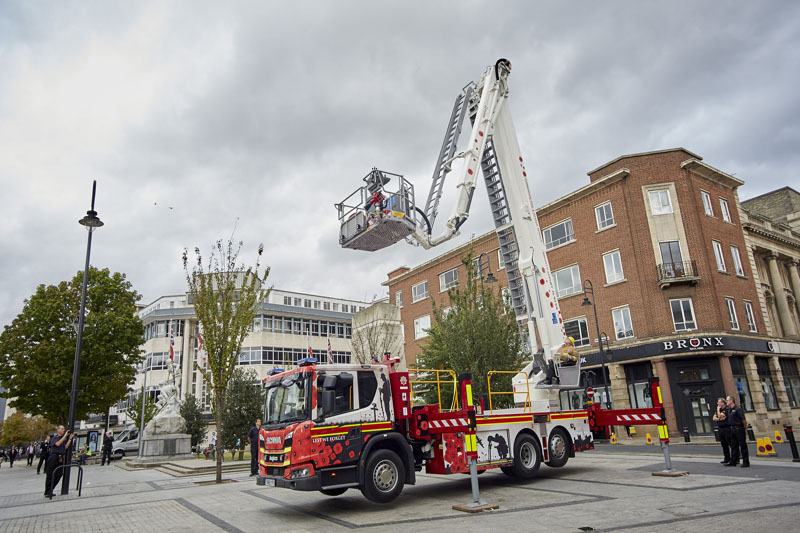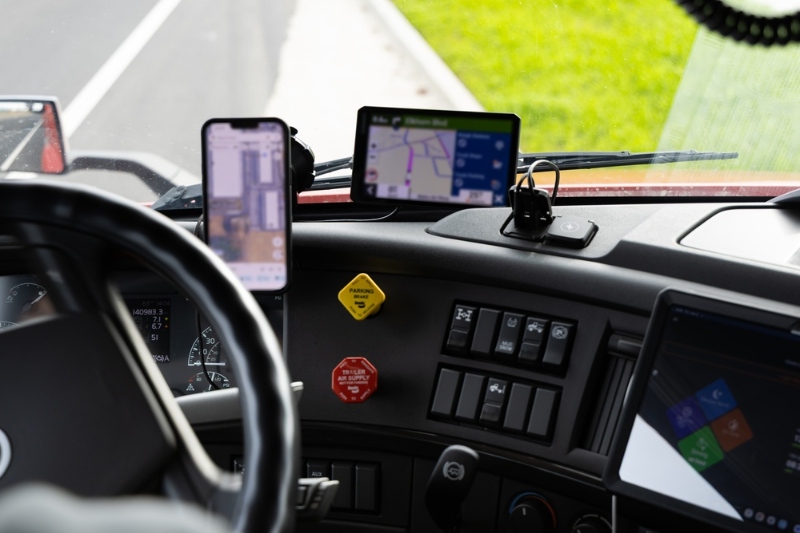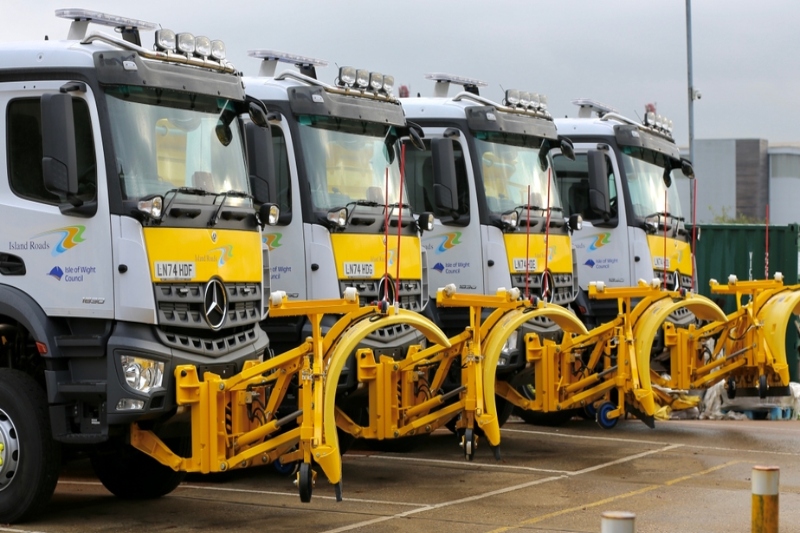Local authorities are in the front line when pressure mounts on available budgets and resources. Not only do they have to be seen to be constantly improving services, but they have less cash to do so, writes Mark Hopkins of Mercedes-Benz Unimog UK.
A vehicle chassis on which a wide variety of working attachments can be fitted either semi-permanently, using the swap-body technique, or de-mounted, where changing the equipment takes a few minutes, can offer a cost-effective solution. Local Authorities have a daunting array of tasks, for example: road sweeping, sign washing, grass verge mowing, street lighting maintenance, tree surgery, hedge cutting, pothole repairs, winter gritting and snow ploughing. If a single, reliable vehicle chassis carries and powers the right equipment for each of these tasks, then the problem will diminish or disappear.
Historically, barriers and working practices within some local authorities prevented open co-operation with other departments, and working methods and equipment were closely guarded. Today these barriers are being swept away. The management techniques of contractors can combine with the technical expertise and on-the-ground know-how of local authorities. The result is that openness and co-operation visibly generate greater accountability based on clearly recorded performance and results.
Key factors when making the decision to choose either multi-tasking chassis or vehicles for dedicated roles include reliability as an absolute priority. One vehicle working all year must spend as little time as possible being maintained. Fuel consumption is also important. Agricultural tractors are not as frugal as road-going commercial vehicles and there are growing calls for reduced emissions, either by introducing Euro 3 or even Euro 4 diesel engines. Speed of working and travel speeds to the working site also fall under the need to make maximum use of budgets: and the less time it takes men and machines to reach the work site the more time is actually spent doing the job.
With advanced Power Take-Off (PTO) the host vehicle can drive implements at the front, on the rear payload and at the rear, simultaneously. In practice this means that the vehicle will drive a snowplough and a gritter direct from its engine, or a front barrier mower, a verge mower and a rear hedge cutter. The efficiencies and cost-saving, not least in labour, offer local authorities real dividends.
It is important that attachments working well with the host vehicle's PTO, and that means ensuring ratios are compatible, as well as hydrostatic drive for accuracy at low speeds. Where compatibility is proven the tasks are completed faster, more effectively and make maximum use of the working shift. It is for this reason that the Mercedes-Benz Unimog works closely with 'systems partners', including the worldwide Schmidt group, including Mulag grounds, parks and highways maintenance equipment, and the Nido and Schmidt range of salt and grit spreaders, snowploughs and snow blowers. The relationship has also recently seen the development of a single-operator pot hole repair system where the repair is completed in a few seconds without the driver/operator leaving the cab.
Increased use of single chassis, multi-task vehicles does not mean the end for contractors: on the contrary, Local Authorities and major highways contractors are already working closely with smaller sub-contractors. Fast on-road speeds also allow operators to be more reactive and responsive so that the customer ' the tax payer or road user ' gets maximum benefit, faster and more effectively.
Why have local authorities not grasped this nettle? In fact, many have and the trend is being led by major roads contractors with long term contracts, where profitability cannot be achieved without improving service and reducing costs.
Many Local Authorities are tied in with long term hire or lease arrangements, and it is often easier to stick with the status quo than spend time and effort investigating potentially better and more cost-effective ways of achieving KPIs. These contracts will come up for review and renewal ' perhaps that is the time to bring in new methods, new technology and new, improved performance.






